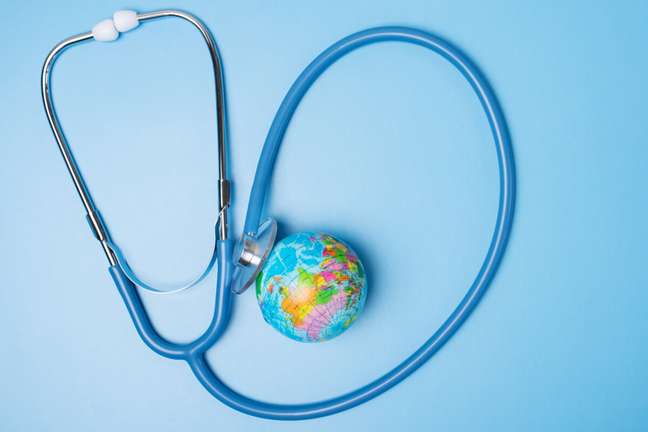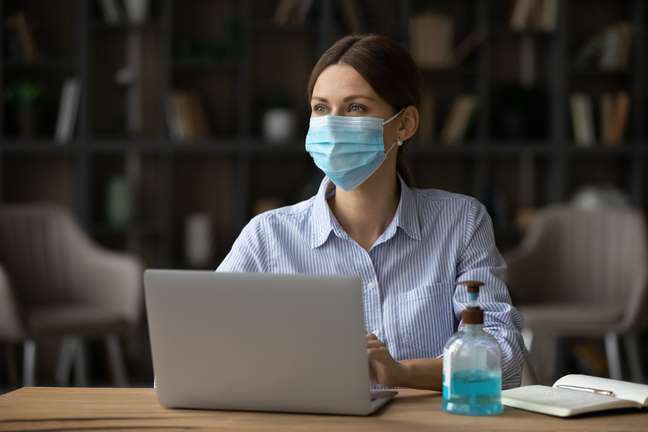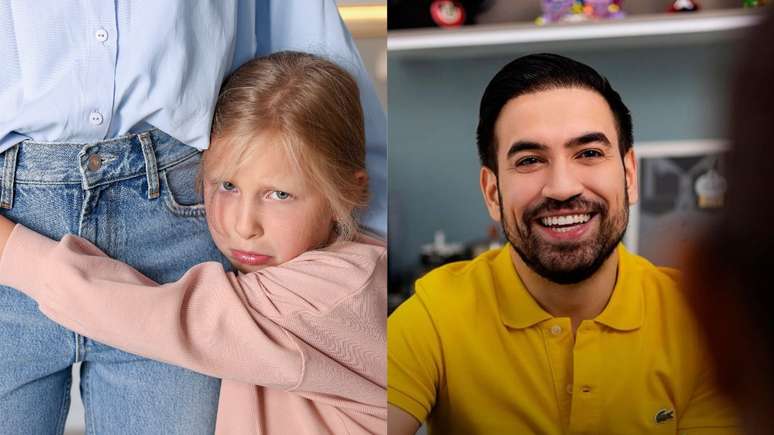Scientist Natalia Pasternak talks about the importance of science in fighting fake news
The pandemic is not over. And understanding the consequences and what to expect from the next public health crises that will surround the planet is perhaps one of the issues that most distresses us today. Among many more doubts than certainties, science – fortunately – has gained ground.

In the last two and a half years we, who have been following the news with apprehension, have often found clarity and encouragement in the scientist Natalia Pasternak: in addition to explaining what was in progress and the ongoing studies, she gave voice to the indignation of faced with the delay in effective isolation measures, the late purchase of vaccines, and has been a tireless fighter against the fake news that insisted (and continue to insist) to beat the cards in the debates.
Reference in the fight against disinformation
In 2020, she became the first Brazilian to join the Committee for Skeptical Investigation (CSI), an institution created in the United States in 1976 to investigate and clarify allegations that deny science. In the same year, the scientist received the Ockham Prize for Skeptical Activism, promoted by The Skeptic, in recognition of her your importance in the fight against disinformation. And all these advances made it one of the highlights of this year’s Fronteiras do Pensamento conference, which took place between August and November, with 12 important debates about our future, especially in relation to technology.
Natalia holds a degree in Biological Sciences from the Institute of Biosciences of the University of São Paulo (IB-USP) and a PhD with post-doctorate in Microbiology, in the area of Molecular Genetics of Bacteria from the Institute of Biomedical Sciences of the same university (ICB-USP). With Vida Simples, Natalia Pasternak spoke about the future of Health, how we can prepare for what lies ahead and the importance of having science at the center of social and political debates.
What to expect from the future in the field of health?
We are entering a moment in the history of the planet – the Anthropocene – dominated by the human species, which directly influences the activities of our world. We are interfering with ecological relationships, with deforestation, global warming and predatory agriculture. And with that, species switch places and we come into contact with animals we didn’t relate to before.
This interaction, even between people, due to globalization, leads to a possible exchange of pathogens and generates a greater probability of disease emerging. We urgently need to find a more sustainable way to exploit the planet’s resources. Improve our sanitation, genomic surveillance and disease reporting systems.
Is there still time to reverse this situation?
At the risk of being pessimistic, according to recent work done with mathematical models on interactions between mammalian species to verify virus exchanges, we are already living in that moment. We’ve already had 1.2 degrees Celsius warming on the planet, species displacement… We need to act now, we’re already late.

How can we prepare for new diseases and epidemics caused by this intense degradation of the planet?
As people, I think we need to have respiratory etiquette, thinking that the world is very globalized, with a very high population density and respiratory diseases that spread easily. In this sense, if I have symptoms, cough, runny nose, I will wear a mask to go out on the street. Always carry gel alcohol in your purse on public transport.
do not go to work with respiratory symptom in an office with poor ventilation. These are habits that will have to become commonplace. Even without COVID, this will have to hold. But we cannot place all the responsibility for assistance on the citizen. There are public policy strategies that need to be implemented, as I said, control and communication systems that need to be improved. The population needs education and good communication from governments.
What about the Covid-19 pandemic? Will we see it finish one day?
The pandemic state will end. No disease lasts like a pandemic forever. But how COVID will transform, we don’t know. We’ll only know by looking back in a few years, looking at the last peak. Only then will we know if the disease it will have seasonal outbreaks, if it has become endemic in unvaccinated regions. But it’s hard to predict. What we do know is that pandemics don’t last forever, they do end.
What do we need to learn in light of the impacts and losses we are still facing?
Next time, we need to prepare a faster response. The long period of isolation could have been shortened by better communication service, vaccines purchased and applied earlier, good isolation, really done, right at the beginning… These are the lessons that remain.
What is the way to counter fake news, which has negatively influenced the fight against the pandemic?
Access to information is so easy that fake news will always have to be fought. I see that the only way forward is to invest heavily in science education, so that the new generations are not so easily deceived. We have to change the way we teach science in schools, in Brazil and around the world. Today we talk about science children and young people content-wise, presenting what is right and what is wrong.
We do not teach how discoveries were made, what experiments led us to this or that conclusion. Teaching science in this way, as a ready-made meal, and not as an inquiry process, will create adults who will demand ready-made yes-or-no answers as asked in the test. Science is based on what we don’t know, on what we are investigating, on uncertainties. We must teach children and young people to think, to think critically.
Text originally published in the journal Vida Simples (Edition 246)
By Nathalia Duarte
🇧🇷The best content in your email for free. Choose your favorite Terra newsletter. Click here!
Source: Terra
Ben Stock is a lifestyle journalist and author at Gossipify. He writes about topics such as health, wellness, travel, food and home decor. He provides practical advice and inspiration to improve well-being, keeps readers up to date with latest lifestyle news and trends, known for his engaging writing style, in-depth analysis and unique perspectives.







